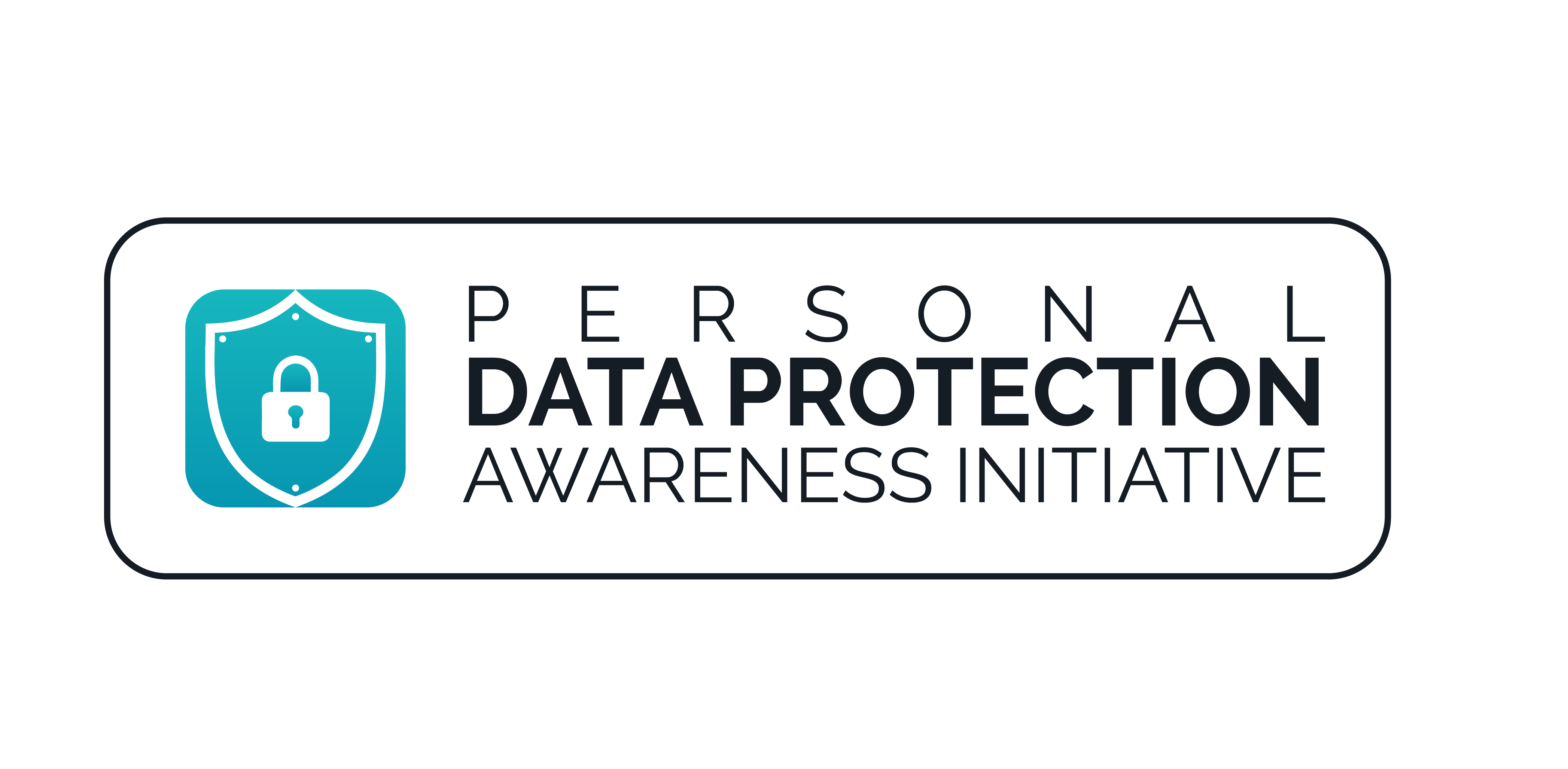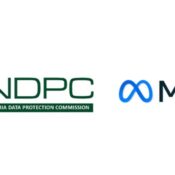
The Compliance Revolution That Caught Nigerian Businesses Off Guard
September 19, 2025, marked a watershed moment in Nigeria’s data protection landscape; one that many organisations weren’t fully prepared for.
Imagine you walk into your office on a crisp Lagos morning, coffee in hand, only to discover that the compliance questionnaire you’ve been dreading has completely transformed overnight. The familiar tick-box exercise has evolved into a comprehensive, forensic examination of your organisation’s data protection DNA. This is not just another regulatory update. It is the Nigeria Data Protection Act General Application and Implementation Directive (NDPA GAID) flexing its muscles, and Nigerian businesses are scrambling to keep up.
The Great Questionnaire Metamorphosis
The NDPA GAID, which took effect from September 19, 2025, has fundamentally reimagined how organisations demonstrate their commitment to data protection. Gone are the days of superficial compliance checkboxes. The new NDPC portal questionnaire reads like a sophisticated diagnostic tool, probing deep into the operational heart of how organisations handle personal data.
The transformation is striking. Where previous compliance returns might have asked simple yes/no questions, the new framework demands evidence-based responses that reveal the true state of an organisation’s data protection practices. It is no longer sufficient to claim you have policies. You must demonstrate their effectiveness, schedule their review, and prove their practical implementation.
The Human Element in Digital Compliance
What makes this regulatory shift particularly fascinating is its recognition of the human factor in data protection. The questionnaire doesn’t just assess technical safeguards; it evaluates whether data subjects genuinely understand what’s happening to their information. The directive’s emphasis on communication “in major indigenous languages and in info-graphics” acknowledges Nigeria’s linguistic diversity and the need for genuinely inclusive data protection practices.
This human-centered approach extends to vulnerable populations. The questionnaire probes whether organisations have “put in place appropriate safeguards to obtain approval from concerned parents or guardians” when dealing with children’s data. It’s not enough to have a checkbox policy; organisations must demonstrate active, culturally sensitive measures that protect those who cannot protect themselves.
The Technical Deep Dive That Changes Everything
The new audit framework doesn’t merely ask whether you have security measures. It demands specificity that would make a cybersecurity expert proud. Organisations must now navigate questions about multi-factor authentication, encryption at rest and in transit, anti-ransomware protection, and disaster recovery capabilities. Each response carries weight, with clear distinctions between “poor,” “average,” “above average,” “close to industry grade,” and “industry grade” implementations.
The questionnaire’s technical rigour reflects a maturing regulatory environment that understands modern threats. The GAID requires companies to conduct periodic compliance audits through appropriate technical and organisational measures, but the devil lies in the details of what “appropriate” actually means in practice.
The Adequacy Programme: Nigeria’s Global Ambitions
Perhaps the most intriguing aspect of the new framework is its alignment with international standards. The questionnaire specifically references the “National Data Protection Adequacy Programme Whitelist.” This is a clear signal that Nigeria is not just playing domestic regulatory games. The country is positioning itself for international data transfer adequacy decisions, potentially putting Nigerian organisations on par with their EU GDPR-compliant counterparts.
This global perspective permeates the technical requirements, with explicit references to ISO 27000 series, NIST frameworks, and other internationally recognized standards. For Nigerian organisations, this means local compliance now serves as a stepping stone to global market access.
The Schedule Revolution: From Reactive to Proactive
One of the most underrated yet transformative aspects of the new questionnaire is its emphasis on schedules and systematic approaches. Organisations must demonstrate they follow “written schedules” for reviewing data processing platforms, have “procedures for routine checks,” and maintain “Monitoring, Evaluation and Maintenance (MEM)” schedules vetted by certified experts.
This shift from reactive compliance to proactive governance represents a maturation of Nigerian data protection thinking. It acknowledges that effective privacy protection is not a one-time implementation but an ongoing organisational capability that requires systematic nurturing.
The Audit Trail That Matters
The questionnaire’s focus on documentation and evidence represents a significant departure from trust-based compliance. Organisations must now maintain audit trails that can withstand scrutiny, document their decision-making processes, and demonstrate continuous improvement in their data protection practices.
This evidential approach creates accountability mechanisms that extend beyond senior management to operational staff. When the questionnaire asks about “routine checks on compliance practices which may be carried out without notice to employees,” it is creating a culture where data protection becomes everyone’s responsibility, and not just the compliance team’s burden.
Practical Implications for Nigerian Organisations
The transformation of the NDPC questionnaire signals several immediate challenges for Nigerian organisations:
Resource Allocation Reality: The days of assigning data protection to a junior staff member as an afterthought are over. The complexity and specificity of the new requirements demand dedicated expertise and significant resource allocation.
Technology Investment Imperatives: Organisations can no longer rely on basic security measures. The questionnaire’s technical requirements effectively mandate substantial investments in cybersecurity infrastructure, from encryption systems to disaster recovery capabilities.
Process Documentation Urgency: The emphasis on written policies, schedules, and procedures means organisations must formalize what may have previously been informal practices. This documentation burden, while onerous, ultimately strengthens organisational resilience.
Cultural Transformation Needs: The questionnaire’s focus on employee awareness, training, and compliance checking suggests that data protection must become embedded in organisational culture, not merely bolted on as a compliance exercise.
The Road Ahead: Challenges and Opportunities
As Nigerian organisations grapple with these new requirements, several trends are emerging. Companies are investing heavily in compliance infrastructure, hiring specialised data protection officers, and engaging well-grounded consultants to bridge knowledge gaps. The market for data protection services is experiencing unprecedented growth.
However, challenges remain significant. Many organisations struggle with the technical complexity of the requirements, particularly smaller enterprises that lack IT infrastructure. The cost of compliance is substantial, potentially creating competitive disadvantages for companies that cannot afford comprehensive data protection measures.
The regulatory timeline adds pressure. Data controllers and processors of major importance must file NDPA Compliance Audit Returns annually, creating recurring compliance burdens that require sustained organisational attention.
Conclusion
The NDPA GAID’s implementation represents more than regulatory evolution. It signifies Nigeria’s commitment to joining the global community of serious data protection jurisdictions. The transformed questionnaire serves as both an assessment tool and a roadmap, guiding organisations toward comprehensive privacy protection while positioning Nigeria for international recognition.
For organisations still treating data protection as a checkbox exercise, the message is clear: the game has changed fundamentally. The new reality demands genuine commitment, substantial investment, and cultural transformation. Those who embrace this challenge will find themselves not only compliant but competitive in an increasingly privacy-conscious global marketplace.



